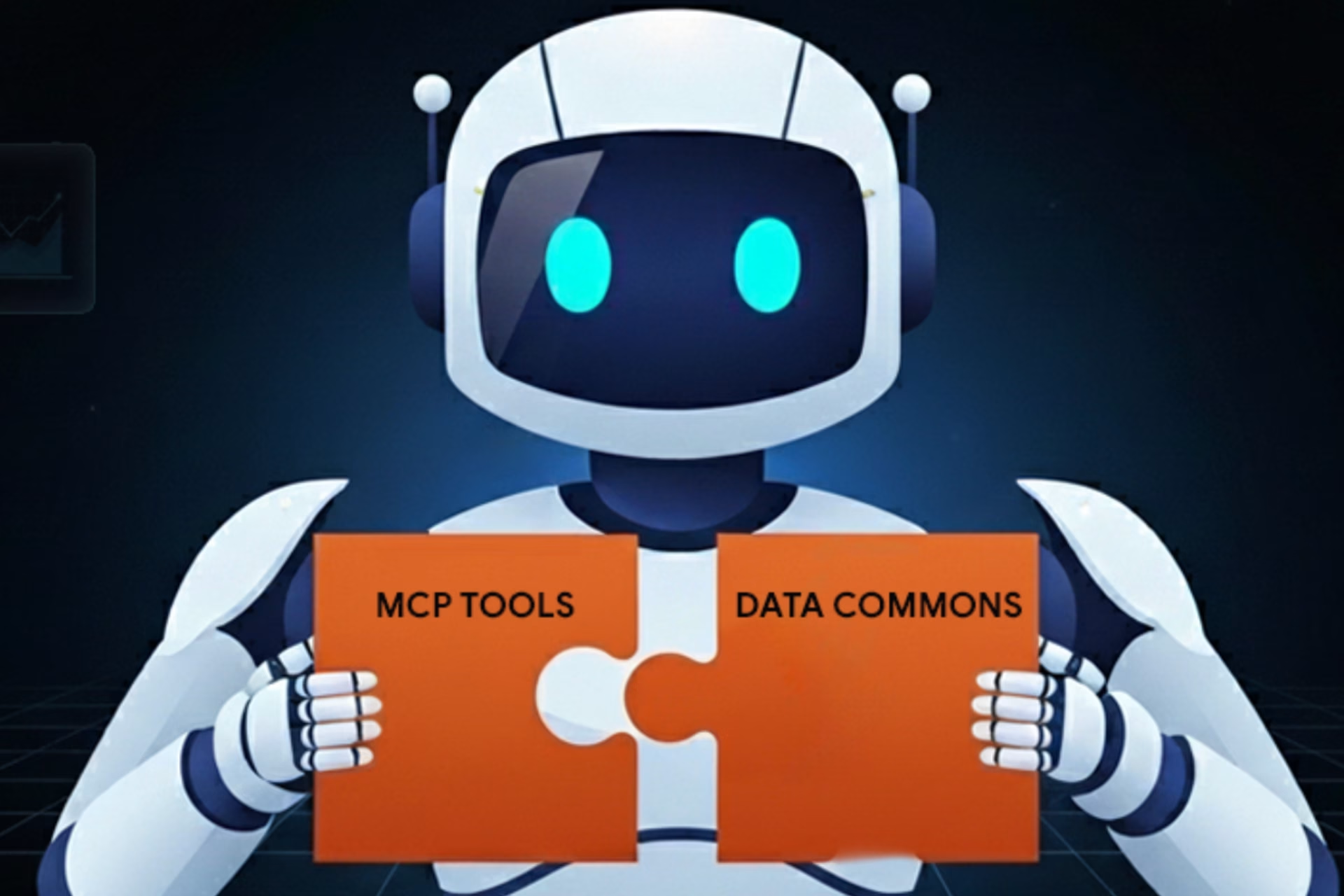Google Unlocks Real-World Data for AI with New Data Commons MCP Server
Data Commons: A Foundation for Smarter AI
At the core of this announcement lies Google's Data Commons, an initiative that has been quietly building a massive repository of public data since its inception in 2018. Its mission has always been to democratize access to information, aggregating billions of data points from thousands of trusted global sources. Think economic indicators, public health statistics, environmental metrics, and demographic trends – all meticulously collected and organized. By 2025, Data Commons has evolved into one of the world's largest open repositories of structured real-world data, covering over 100 countries and offering time-series information that's updated with impressive frequency.
Previously, tapping into this treasure trove required a significant technical skillset. Developers would need to navigate complex SQL queries, perform extensive data wrangling, and overcome integration hurdles. The new MCP Server, however, fundamentally alters this landscape. It functions as a sophisticated "data backbone" for AI, enabling straightforward integration with large language models (LLMs) and agentic applications. And for those who like to get their hands dirty, it's open-source and available on GitHub, with compatibility for popular AI frameworks like LangChain and Google's own Gemini ecosystem. This open approach is a welcome sign for the broader AI community.
Unpacking the MCP Server: Natural Language Meets Big Data
So, what exactly makes the MCP Server so special? It's not just another layer of abstraction; it's an intelligent intermediary. The server translates natural language questions into precise data retrievals, allowing users to ask things like, "What are the latest unemployment rates in Europe?" or "Show trends in global CO2 emissions from 2020-2025." It handles the discovery, filtering, aggregation, and even visualization of data from Data Commons' vast graph of over 10,000 interconnected datasets.
What's particularly exciting is its optimization for AI agents. The MCP Server supports multi-step reasoning, meaning an AI could, for instance, start with a broad query on climate data, refine it based on specific regional factors, and then generate comprehensive reports – all in real-time. This capability is a massive boon for AI training pipelines. Imagine models ingesting fresh, verified data without the usual manual cleanup; early benchmarks suggest this could slash development time by as much as 50-70%. That's a huge efficiency gain.
Security and scalability are also key considerations. The server includes built-in safeguards to prevent data misuse, and it's designed to handle enterprise-level demands. Google even claims that integration can be achieved in under 10 lines of Python code, leveraging familiar connection pooling and authentication methods. And crucially, the data itself is sourced from reputable entities like the World Bank and the UN, ensuring it reflects current realities, including post-pandemic economic shifts and emerging climate impact metrics.
A Boon for Training Pipelines and Beyond
The impact of the MCP Server on AI training is hard to overstate. For years, the bottleneck has been data quality and accessibility. While synthetic data has its place, real-world grounding is absolutely essential for AI to be truly useful in critical sectors like healthcare, finance, and policy-making.
For individual developers, this means accelerated prototyping. A climate AI agent, for example, could now dynamically pull the latest wildfire data from U.S. sources and correlate it with global trends, leading to more accurate predictive models. Enterprises stand to benefit immensely as well. Imagine economic planning teams building agents that can query GDP forecasts or supply chain disruptions using simple, natural language, seamlessly integrating with tools like Google's Vertex AI.
This move also aligns perfectly with the growing trend towards "grounded AI" in 2025, where models are expected to cite their sources to enhance transparency. Compared to other data access tools on the market, Google's focus on public, non-proprietary data is a distinct advantage. It’s free, ethically sourced, and widely applicable. The developer community is already buzzing, with early reactions on social media highlighting the "game-changer" potential for scalable AI applications.
Navigating the Future of AI Data Access
Of course, no new technology is without its challenges. The freshness of the data ultimately depends on the update cycles of the original source providers, and real-time events like breaking news might still present coverage gaps. Google acknowledges this, with plans for quarterly updates to the MCP protocol. However, the leap from previous Data Commons access methods, which were often more query-limited, to the MCP Server's ability to generate comprehensive reports is substantial.
Google's Data Commons MCP Server represents more than just a technical upgrade; it's a catalyst for building more reliable and impactful AI. By democratizing access to real-world data, it empowers developers to create AI agents that don't just converse, but truly inform and act with precision. As AI continues its rapid integration into our lives, tools like this are essential for ensuring it's built on a solid foundation of verifiable facts. For anyone looking to push the boundaries of AI in 2025, this development is definitely worth keeping an eye on.
